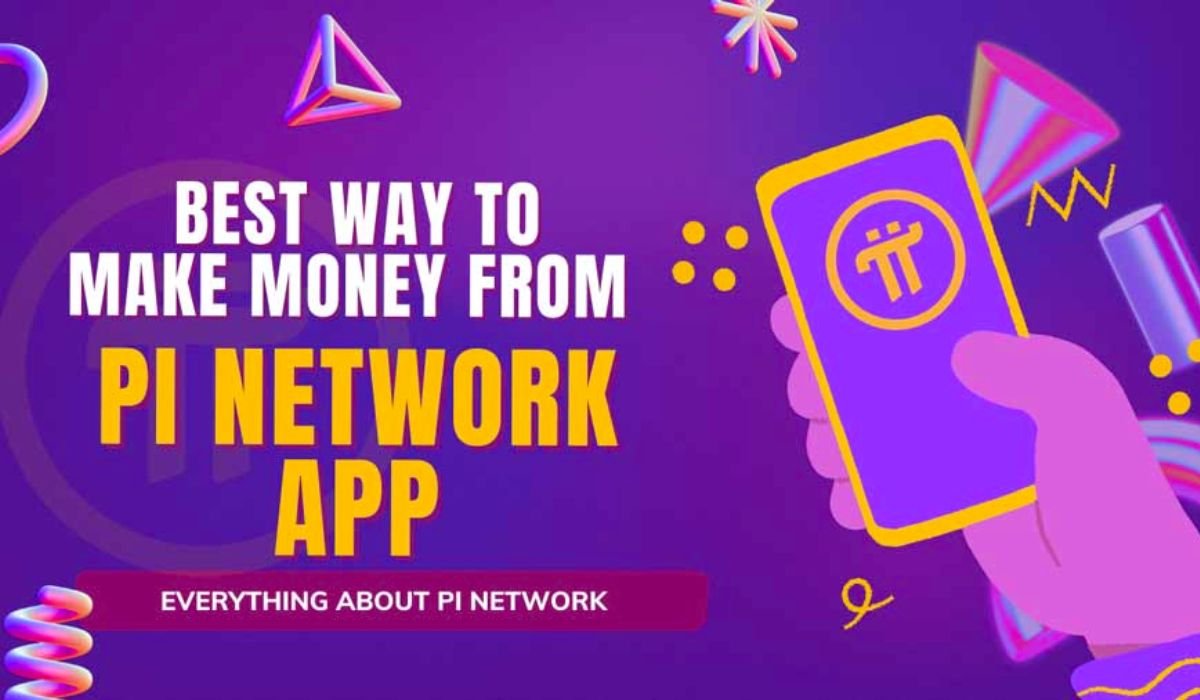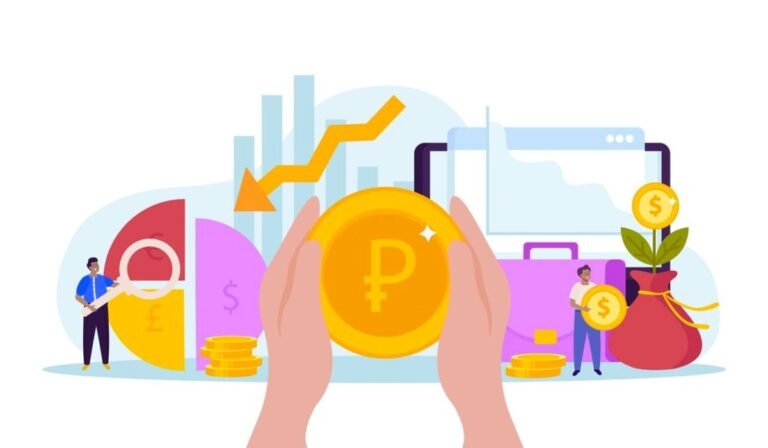How to Sell Pi Coin
Cryptocurrencies have transformed the digital landscape, introducing new ways to think about currency and investment. Among these innovations, Pi Coin stands out as a unique contender designed for accessibility and inclusivity. If you’ve been mining or accumulating Pi Coin and are considering selling, this guide provides a step-by-step approach to selling your Pi Coins effectively and safely in 2024 and 2025.
Understanding Pi Coin
What is Pi Coin?
Pi Coin, launched by Stanford alumni in 2019, aims to democratize cryptocurrency mining, making it accessible to anyone with a smartphone or desktop. Unlike traditional cryptocurrencies that require substantial computational power, Pi Coin allows users, known as Pioneers, to mine coins on everyday devices. This approach not only broadens the potential user base but also enhances the inclusivity of the crypto world.
Current Status of Pi Coin
As of late 2024, Pi Coin continues to operate on a testnet with plans to transition to a mainnet. With a community of over 50 million users, the currency is gaining attention, though it is not yet tradable on conventional cryptocurrency exchanges. This status may evolve as the network moves closer to a full launch, so keeping informed through official channels is crucial.
Preparing to Sell Pi Coin

Verification Process
Before you can sell Pi Coin, completing the Know Your Customer (KYC) process is essential. This step ensures security within the network and compliance with regulatory requirements. Secure your wallet and Pi account to prevent unauthorized access and potential theft.
Valuing Your Pi Coin
The value of Pi Coin can fluctuate based on market demand and the cryptocurrency environment. Assessing its value involves monitoring developments within the Pi Network and the broader market trends. This information will guide you in setting a reasonable price for your coins.
How to Sell Pi Coin

Online Peer-to-Peer (P2P) Transactions
Online platforms can facilitate P2P transactions, where you can connect directly with buyers. However, caution is paramount:
- Be cautious: Vet potential buyers thoroughly to avoid scams. Only use reputable platforms that provide user reviews and enhanced security measures.
- Verification: Ensure the buyer’s credibility through their transaction history and reviews.
- Escrow services: Utilize platforms that offer escrow services, which hold the coins until the transaction terms are met by both parties.
Offline Peer-to-Peer Transactions
Selling Pi Coin in person is a viable alternative, though it requires careful planning:
- Meet in public: Conduct transactions in safe, public places like cafes or bank lobbies.
- Verification: Confirm the buyer’s identity and payment capability before meeting.
- Cash transactions: If accepting cash, verify its authenticity and secure it before transferring the Pi Coins.
Legal and Tax Considerations

Regulatory Overview
Understanding the legal context in your jurisdiction is vital. Cryptocurrency regulations can vary significantly by country, and staying compliant is necessary to avoid legal repercussions.
Tax Implications
Profits from selling Pi Coin are likely subject to taxes. Consult a tax professional to understand your obligations and keep detailed records of your transactions to assist with accurate tax reporting.
After the Sale
What to Do After Selling Pi Coin
After selling your Pi Coin, you’ll need to decide how to manage the proceeds. Options include reinvesting in other cryptocurrencies or converting to fiat currency. Whatever your choice, ensure it aligns with your financial goals and risk tolerance.
Future of Pi Coin
The Pi Network is continually evolving, with ongoing developments in gaming, DeFi, and the metaverse. Staying engaged with the Pi community will keep you informed of new opportunities and the potential long-term value of Pi Coin.
Conclusion
Selling Pi Coin requires careful consideration of market conditions, legal and tax implications, and the security of transaction methods. By staying informed and engaging with the Pi community, you can navigate these challenges and potentially reap significant benefits from your cryptocurrency investments.
Call to Action
For more guides on cryptocurrency transactions and updates on Pi Coin, sign up for our newsletter and join our community forums to connect with other Pi users.
Share on Social Media
Enjoyed this guide? Share it with other Pioneers on your favorite social media platforms to help them in their Pi Coin journey!
By following this detailed guide, you’ll be well-equipped to sell your Pi Coin securely and profitably, setting you up for success in the dynamic world of cryptocurrency.
FAQs About How to Sell Pi Coin
1. What is Pi Coin and why is it unique?
Pi Coin is a digital currency designed to be mined on everyday devices like smartphones and desktops, which makes cryptocurrency mining more accessible and less resource-intensive compared to traditional methods. Its unique model allows users, referred to as Pioneers, to mine and earn coins without needing expensive hardware.
2. How can I sell Pi Coin if it is not available on exchanges?
Currently, Pi Coin can be sold through Peer-to-Peer (P2P) transactions since it is not yet listed on major cryptocurrency exchanges. These transactions can be conducted online using trusted platforms or offline by meeting buyers in person in secure locations.
3. What should I do to prepare my Pi Coins for sale?
Before you can sell your Pi Coins, ensure that you have completed the KYC (Know Your Customer) process required by the Pi Network. Secure your wallet and account, and have a clear understanding of the current value of Pi Coin to set a reasonable price.
4. How do I set a price for my Pi Coins?
The price for Pi Coins should reflect the current market demand and the overall sentiment within the Pi community. Monitor forums and market trends related to Pi Coin, and consider future potentials to set a fair price.
5. What are the best practices for conducting a secure online P2P transaction?
- Verification: Verify the identity and credibility of the buyer through their transaction history and reviews on the platform.
- Escrow Services: Use an escrow service that holds the Pi Coins until the transaction is completed and both parties have fulfilled their obligations.
- Communication: Keep all communication on the transaction platform to benefit from any protection mechanisms it offers.
6. Are there any risks involved in selling Pi Coin offline?
Yes, selling Pi Coin offline involves risks such as potential scams or theft. To mitigate these risks:
- Meet in a Public Area: Always meet in a safe, public location such as a bank or a busy café.
- Verify the Buyer: Confirm the buyer’s identity and ensure they have the means to complete the purchase.
- Take Precautions: Consider bringing a friend and inform others of your whereabouts.
7. What legal and tax implications should I consider when selling Pi Coin?
The sale of Pi Coin, like other cryptocurrencies, may have tax implications, including capital gains tax. The legal status of cryptocurrency transactions also varies by jurisdiction, so it’s crucial to consult with a tax advisor or a legal expert in your area to comply with local laws and regulations.
8. How can I stay updated on the status of Pi Coin?
To stay informed about Pi Coin:
- Join the Pi Network community: Engage with other users on platforms like the official Pi Network social media pages and forums.
- Monitor official updates: Keep an eye on announcements from the Pi Network developers about advancements toward going live on a mainnet or potential listings on exchanges.
9. What should I do after selling my Pi Coins?
After selling your Pi Coins, consider how to manage the proceeds. You may choose to reinvest in other digital currencies, save, or spend the funds. Ensure to keep records of the transaction for your financial records and potential tax obligations.
10. Can I cancel a Pi Coin sale transaction?
Once a Pi Coin transaction is agreed upon and initiated, especially using escrow services, it typically cannot be canceled unless both parties agree to do so. Carefully review and confirm all transaction details before finalizing.


